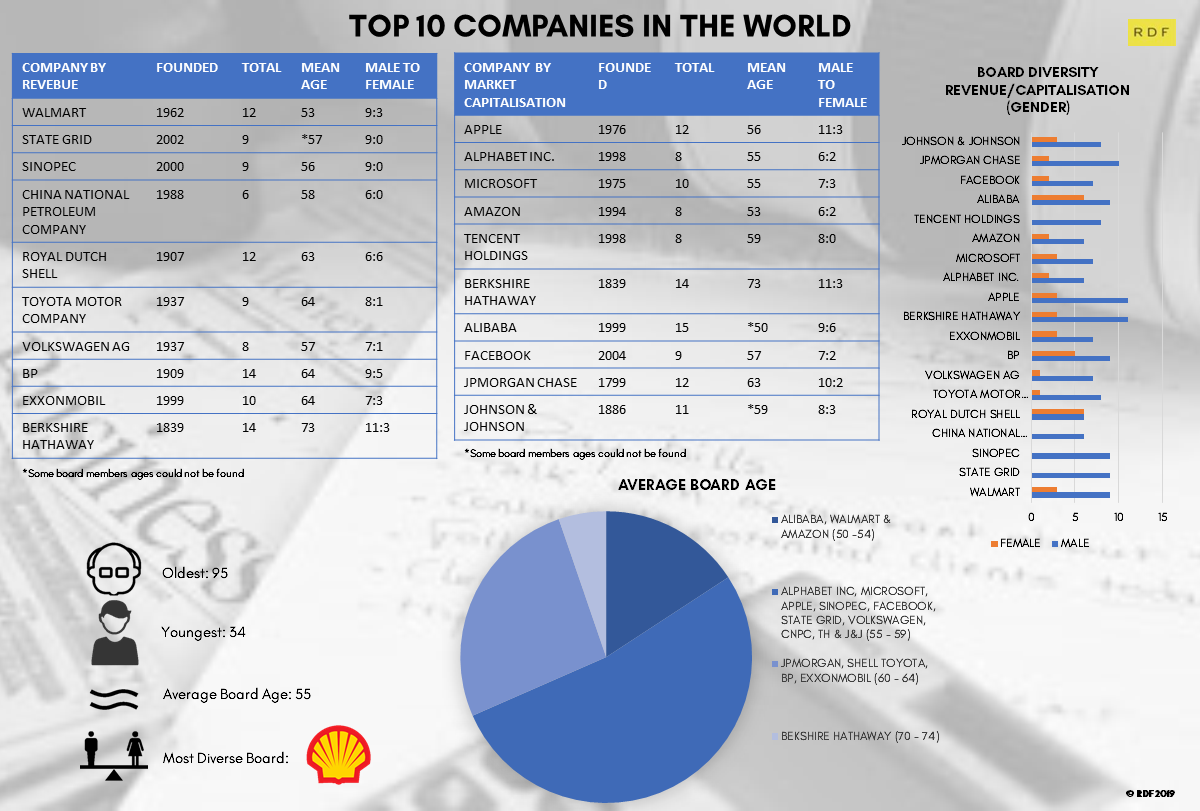WHAT WE DO
-
Stakeholder Engagement
Employee Communication
Investor Communication
Government Relations
Conference Management
Market Intelligence
-
Social Impact Strategy
Private Foundation Development
Creative Industries & Technology
Strategic Cause Partnerships
Women
Public Affairs
- Reputation Management
- Program Design





